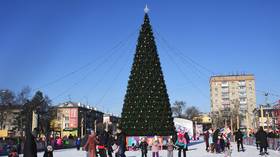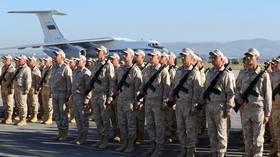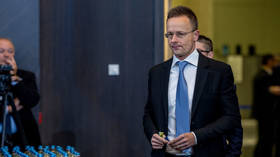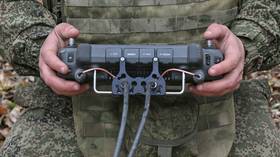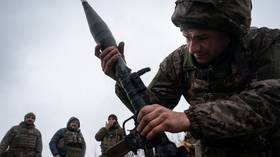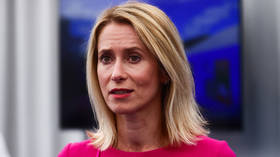No need to cancel New Year’s, Russian military says
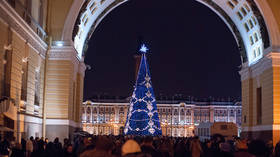
There is no need to cancel public New Year’s celebrations, the Russian military said on Friday, commenting on decisions by several cities and regions to limit the festivities amid the ongoing partial mobilization for the Ukraine conflict.
In a statement, the deputy defense minister, Colonel General Viktor Goremykin, said that the country’s Armed Forces “have all the necessary means to provide for all units and each serviceman in full.”
Therefore, he explained, “there is no need to cancel New Year’s … events in the Russian regions in order to use the funds saved to provide for our military personnel, including those called up during the partial mobilization.”
Goremykin thanked the regions for their “active support” of the armed forces, but described “the initiatives to cancel children’s holiday events” as “premature and unnecessary.”
Earlier this week, three regions – Leningrad Region, which includes St. Petersburg, Belgorod Region, which borders Ukraine, and Kurgan Region in Siberia – said they would transfer money earmarked for the celebrations to support programs for draftees and their families. Several major cities, including St. Petersburg, also announced a reduction in the celebrations.
The announcements were made amid reports of equipment shortages and poor living conditions at some of the military bases where the draftees are stationed. On October 5, Roman Starovoyt, the governor of Kursk Region, expressed concern over the state of certain facilities he had visited.
“Some are normal, and some, just terrible,” he wrote in his blog.
More than 200,000 draftees joined the Russian Army by October 4 as part of the mobilization effort, Defense Minister Sergey Shoigu said.
On September 21, Russian President Vladimir Putin declared a partial mobilization, looking to recruit 300,000 reservists to take part in the military conflict with Ukraine, which began in late February.
The Russian Defense Ministry has since clarified that the mobilization prioritizes those who have served in the military and who have previous combat experience, as well as the specializations needed on the frontline.
